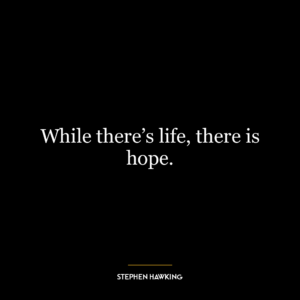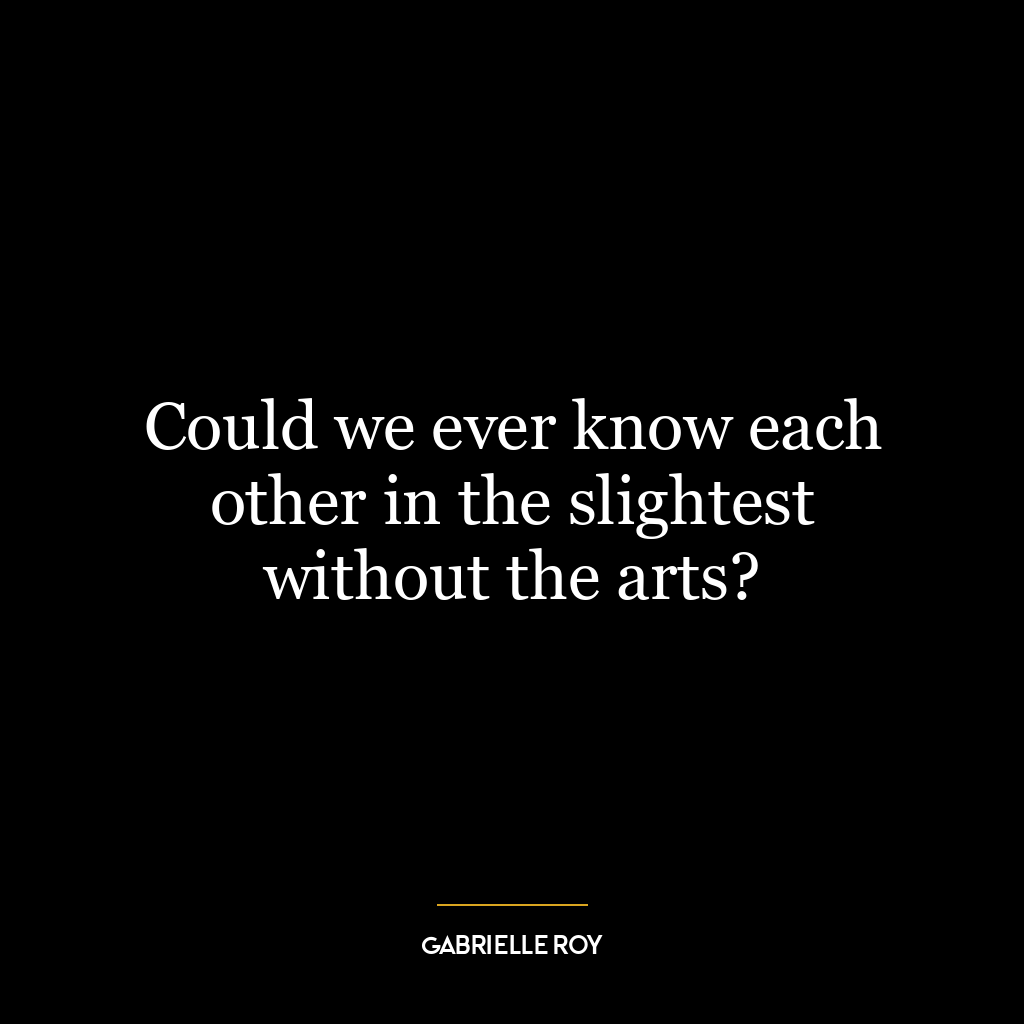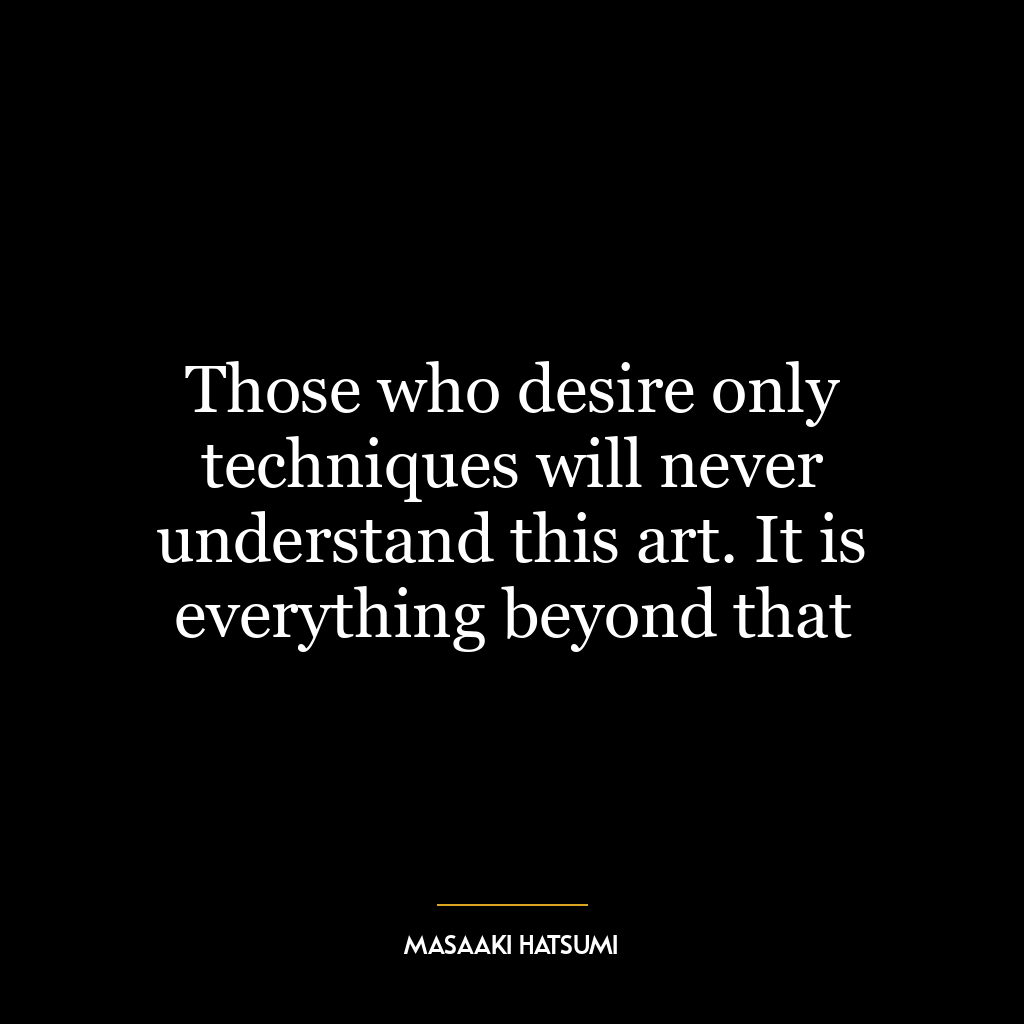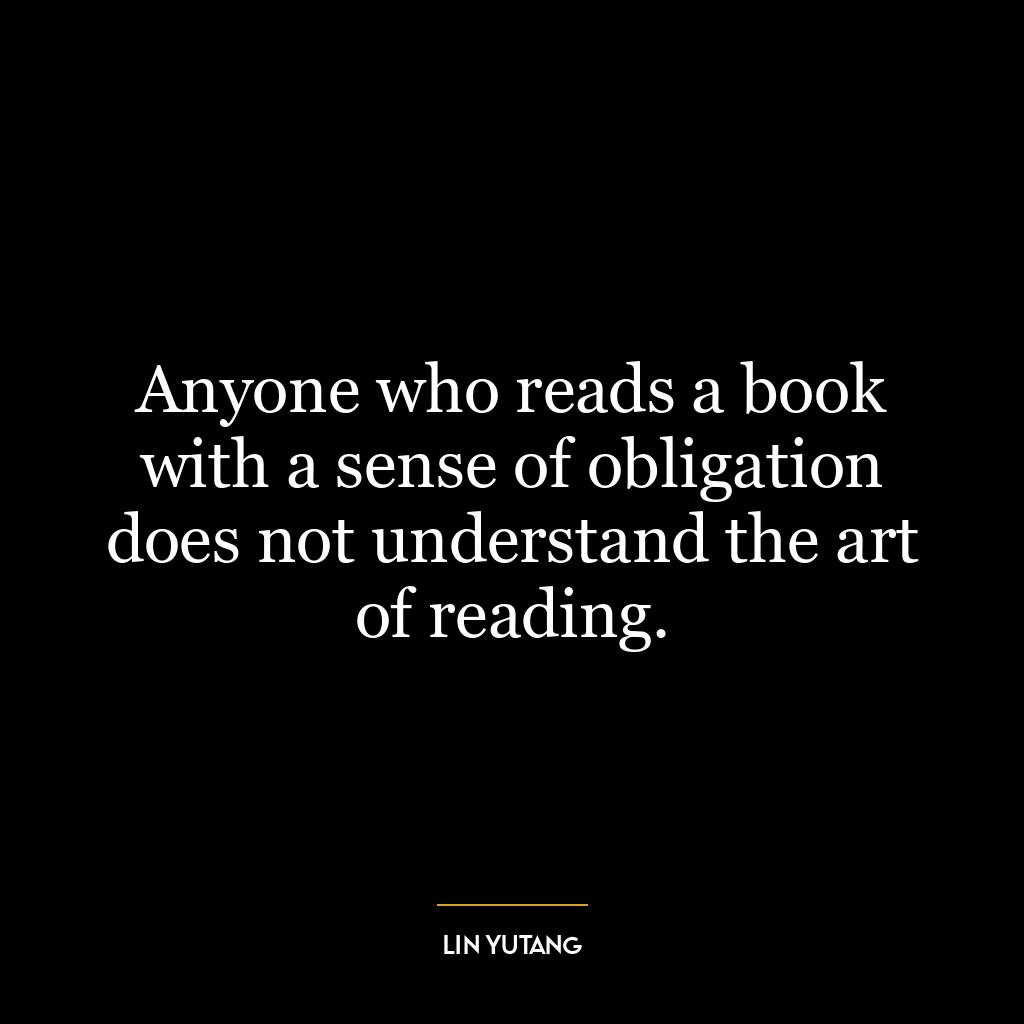To understand recursion, one must first understand recursion.
The quote “To understand recursion, one must first understand recursion” is a playful yet profound statement about the nature of recursive processes. Recursion is a concept where a process refers back to itself or repeats itself in a self-similar way. In other words, to understand what recursion is, you need to understand the concept of recursion itself. It’s a bit like saying, to understand painting, you need to understand painting – it’s a process that feeds back into itself.
The quote encapsulates the paradoxical and somewhat circular nature of recursion. It’s a concept that’s intrinsically difficult to grasp because it involves a kind of infinite regress; to understand recursion, you have to understand recursion, and to understand that recursion, you have to understand another recursion, and so on, ad infinitum.
In today’s world, recursion is a fundamental concept in computer science and mathematics, where problems are often solved by breaking them down into smaller, self-similar problems. For example, search engines use recursion to index web pages by following every link on a page, then every link on those pages, and so on. In a way, our everyday lives are filled with recursion as well. The daily routines we follow, the yearly cycle of seasons, the way we learn by building new knowledge on top of what we already know – these are all examples of recursive processes.
In terms of personal development, the idea of recursion can be applied to the concept of self-improvement. Just as recursion involves a process referring back to itself, self-improvement often involves a kind of self-reflection or self-reference. To improve ourselves, we need to understand ourselves, which involves a kind of recursive self-examination. We reflect on our actions, learn from our mistakes, and use that knowledge to guide our future actions. This process of self-reflection and learning is repeated over and over again, in a recursive manner, throughout our lives.









